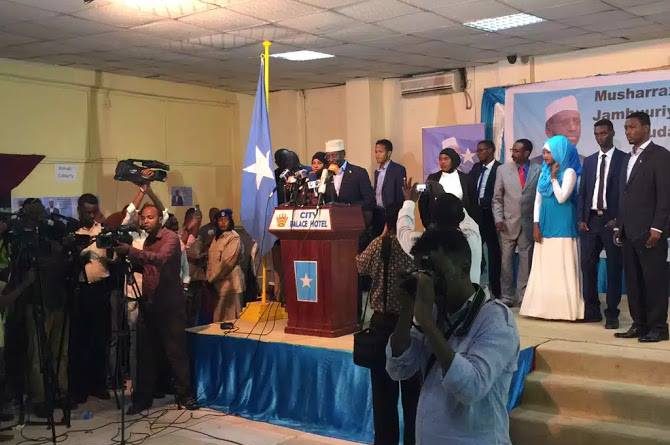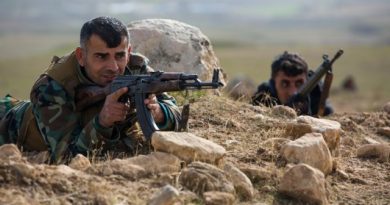Elections in Somalia
By Santiago Losada
Staff Writer
On February 7, suspected Shabab militants launched a series of attacks on the Somalian capital of Mogadishu, including one in which two mortar rounds fired close to the airport. Ahead of the presidential election, Somalia issued a traffic ban and sealed off major streets. The travel ban also included a ban on flights flying to and from Mogadishu.
In a country that is frequently plagued by violence, security remains an issue with the ongoing Shabab militant attacks. Despite efforts to fight off the group, the Shabab still maintains a presence in much of the southern part of Somalia and has initiated many attacks against Mogadishu. According to the BBC, voting was moved from the police academy to the airport because it is viewed as the most secure site in the city.
Al Jazeera reported that leading up to the presidential election, the Shabab increased their attacks and targeted government installations and hotels in the city. The Mogadishu police chief, Bishar Abshir, stated that security forces were working to make sure that the election was concluded peacefully.
After all the votes were counted, former Prime Minister and popular favorite Mohamed Abdullahi Farmajo defeated the incumbent president.
There were 24 candidates running in an election marred by allegations of corruption and intimidation. President Hassan Sheikh Mohamud, who came into power in 2012, had sought reelection for another four-year term.
After the first round, 24 candidates whittled down to three. Although he was accused of vote-buying, the incumbent president Mohamud won the most votes in the first session. Farmajo finished in second place, although he was triumphant in the second round. Although there is corruption on all sides, “a vote for Farmajo is seen as a vote against corruption,” according to NPR.
Somalia was promised a one-person-one-vote system in 2016, but the system came to a halt because of security concerns. Instead, the country held what the United Nations and the government considered an indirect election.
In the last election, held in 2012, 135 clan leaders chose members of parliament to vote for the country’s leader. This year’s presidential election was due to take place in August, but political infighting and insecurity delayed the election, which was changed into a limited voting system.
On February 6, Al Jazeera reported that the candidates held their first televised debate where they promised to fight corruption in the country and discussed plans to combat insecurity and attacks from the Shabab.
According to The New York Times, several countries like Turkey, Sudan, the United Arab Emirates and Qatar were accused of buying off candidates for their national interests. Since 1991, the international community has given aid to Somali, and the United States has increased its presence in the country to combat security threats.
Somalia has been without a functioning government for the past 25 years. While some diplomats and investigators saw the presidential election as a milestone for democracy, others believe that the election was a milestone for corruption. Somalia was ranked by the Transparency International as the most corrupt country on earth.


